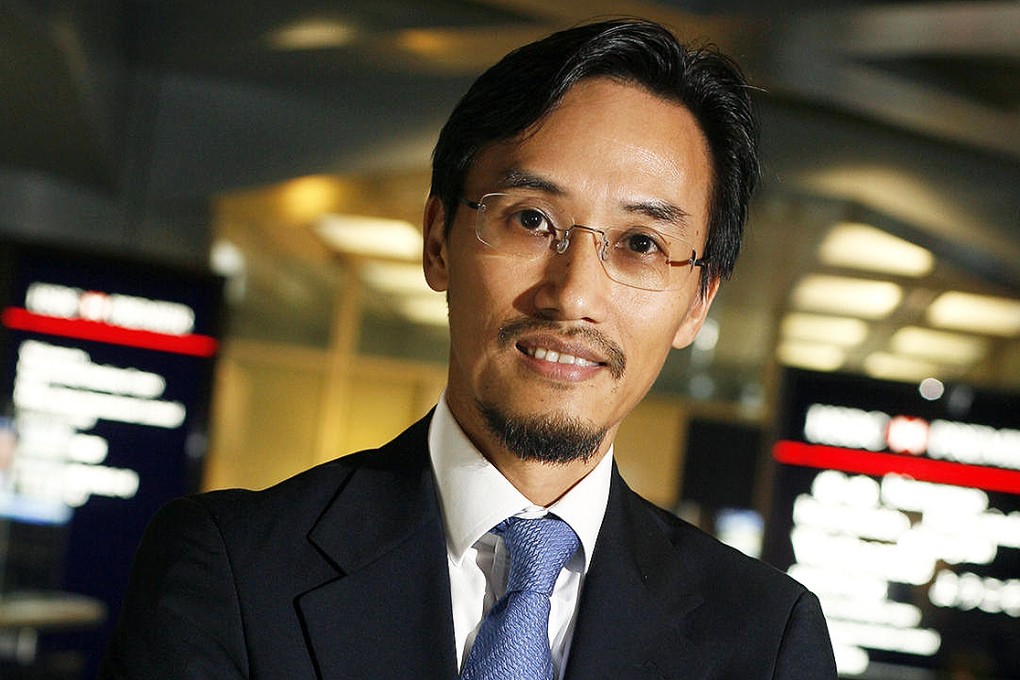HKEx under pressure to change rules to attract institutional investors
Regulator under pressure to update market closing mechanism, extend trading hours and ease listing rules to draw more institutional investors

An outdated market closing mechanism, trading hours that are too short and restrictive listing rules are among areas Hong Kong Exchanges and Clearing should improve, analysts and traders say.
Despite strong turnover that saw HKEx announce a 34 per cent year-on-year increase in first-quarter profit yesterday, analysts say improvements are needed to attracting more institutional investors.
Revenue from listing fees fell 13 per cent in the first quarter, triggering further calls for a review of local listing rules to attract more new listings.
"Introducing a closing auction and volatility control mechanism would be a significant step towards attracting more institutional investors to the Hong Kong market," said Nick Ronalds, managing director of the Asia Securities Industry & Financial Markets Association.
"Volatility controls are a necessary mechanism in the age of electronic trading. Closing auctions are proven mechanisms for creating fair and efficient closing prices with reduced volatility. They benefit all investors by reducing execution costs and execution risks."
Stock markets in most countries use auctions to set closing prices through tenders by traders, with the most common order becoming the closing price.
HKEx introduced a closing auction in May 2008 but scrapped it 10 months later after heavy selling pressure on March 9, 2009, sent HSBC down 12.47 per cent during the 10-minute auction period. HKEx then reverted to the previous method of calculating the median price of the last five orders to determine the closing price.